Click to read the article in Turkish
Water is the most important physical being necessary for the continuity of life on earth. It is impossible for a planet without water to host life as we know it.
Due to the climate crisis, problems such as water scarcity and drought are expected to increase in various parts of the world. For example, water assets are expected to reduce by about one-third in the geographical region that also includes Turkey. Turkey is not a water-rich country, on the contrary, it is a water-poor country and preserving water assets stands out as an extremely critical responsibility in the current circumstances.
Water shortage or scarcity is not only about the reduction of rainfall but is a complex problem intertwined with a number of social, economic and ecological factors. It is needed to make an assessment considering various factors such as the amount of water used in economic activities and the pollution in the waters caused by each economic activity, the monitoring and prevention of pollution in water assets, the existence of infrastructure and an administrative system that will allow water saving, etc. But the most important factor is the extent to which forest ecosystems and wetlands, which are the guarantee of water assets, can be protected or are damaged. It will be possible to ensure the continuity of life in a geographical region to the extent that it can be protected or damage can be prevented.
Chemical pollution
The continuous reduction of the surface area of wetlands in our country due to urbanization, agricultural and industrial activities is a problem that has been mentioned for years. Another important problem to be addressed in this context is chemical contamination in wetlands. For example, the pollution caused by nitrates, which are transmitted to water assets due to agricultural activities, can make the water undrinkable over time. It's not only nitrates. There are hundreds of chemicals released from urban waste and agricultural and industrial activities that are likely to pollute the waters. It is of critical importance to determine the source of contamination to take necessary precautions if there is contamination.
Protecting water assets from chemical pollution is important not only for people but also for aquatic life. Vegetable and animal species living in the water are also negatively affected by pollution.
The framework of the issue related to chemicals that harm aquatic life is extremely wide and for this reason, I will focus only on pesticides used in agriculture in this article.
It is a known problem that various pesticides used in agricultural activities contaminate water assets and cause various damages on aquatic species. With occasional legislative updates, restrictions or prohibitions are imposed on the use of pesticides that pollute water assets and damage aquatic life.
The blacklist
An organization named Pesticide Action Network (PAN), which operates worldwide regarding the harms of pesticides and alternative applications to pesticide use, listed the pesticides that caused great harm to aquatic life one by one in a study published in March last year.
Taking into account the list that the PAN prepared, I have created a list by individually reviewing which pesticides that are allowed to be used in Turkey harm living beings in aquatic life the most. I did this work by checking the pesticides included in the Ministry of Agriculture and Forestry's Plant Protection Products Database one by one as to whether they were included in the list prepared by the PAN. The identified pesticides are pesticides that are used in the production of various products in our country but mix in the water after use and harm aquatic life. The table generated is presented below (as of 27.02.2020):
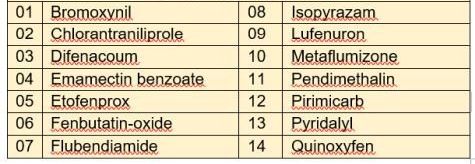
The use of chemicals should end
Measures that will prevent contaminant substances released as a result of both agricultural and industrial activities from being mixed in the waters need to be taken quickly.
Measures that will prevent contamination of contaminants released as a result of both agricultural and industrial activities into water need to be taken quickly. It is clear that water assets in our country will decrease due to the climate crisis and water scarcity will be one of our most important social issues.
It is wrong to think about water scarcity only as a decrease in water assets. A water asset becoming unusable due to chemical pollution makes it a scarce asset. Therefore, it is a necessity to stop the use of chemicals that have the potential to pollute the waters and harm aquatic life. These problems that have been mentioned for years need to be solved quickly. In this context, the use of 14 pesticides specified in the table above should be stopped immediately in agricultural activities. (BŞ/NÖ/VK)





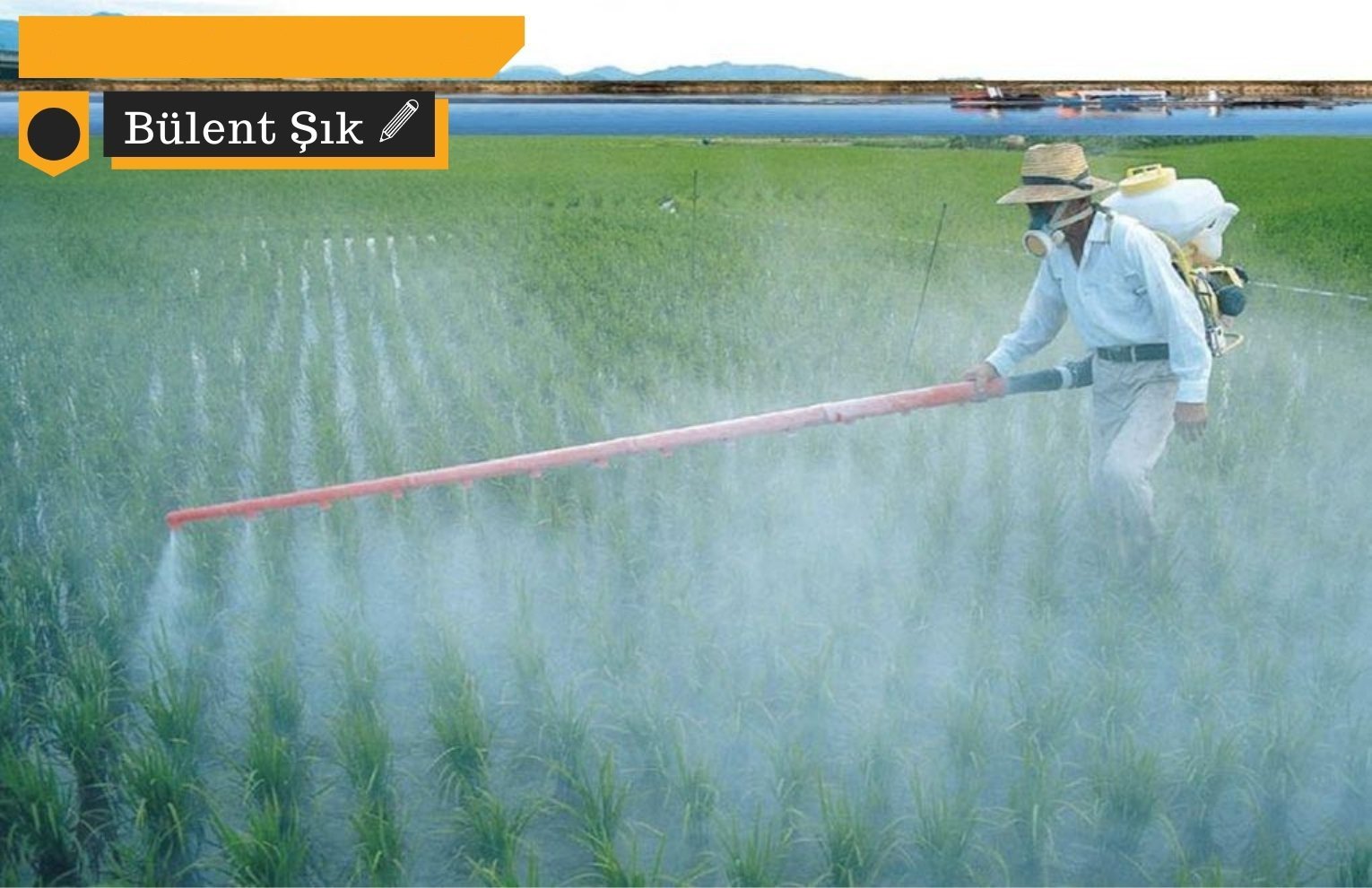
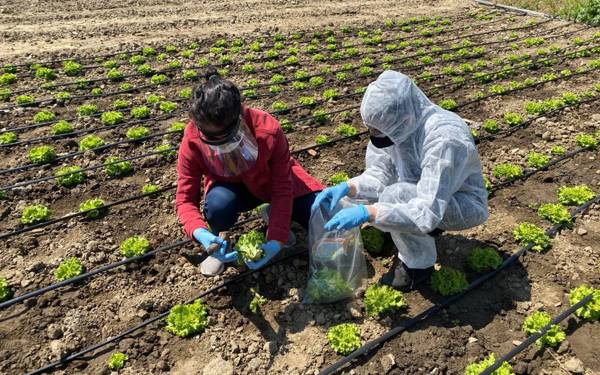
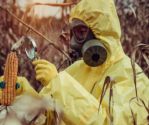
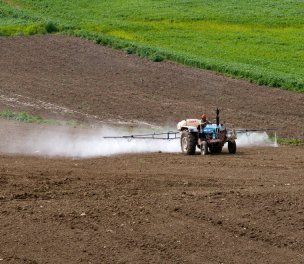
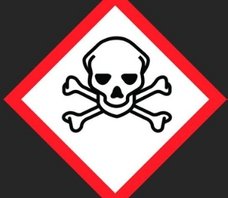
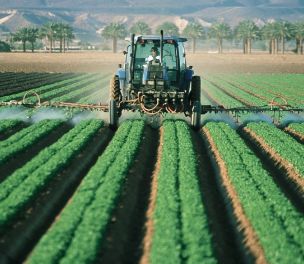
sa.jpg)
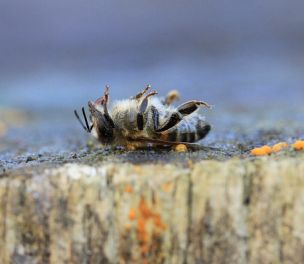
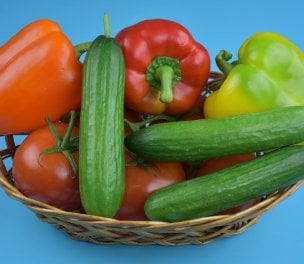
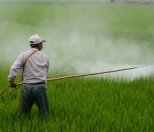
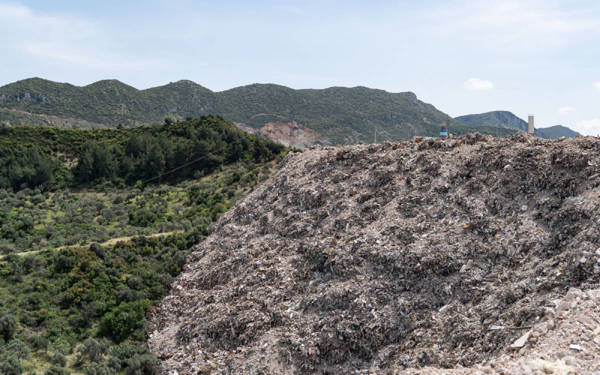
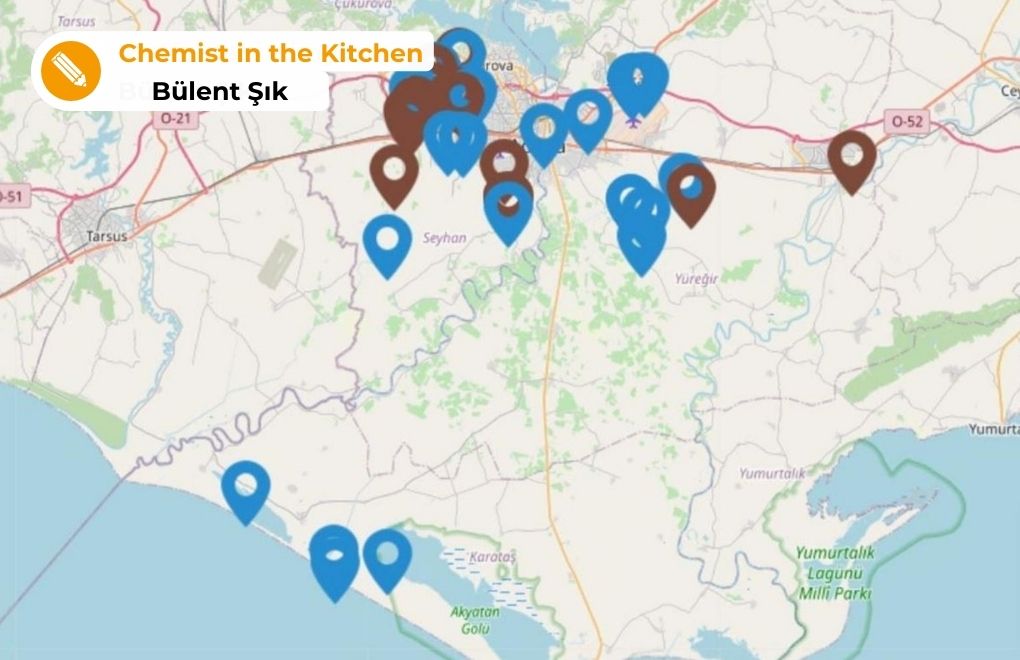

.jpg)
.jpg)